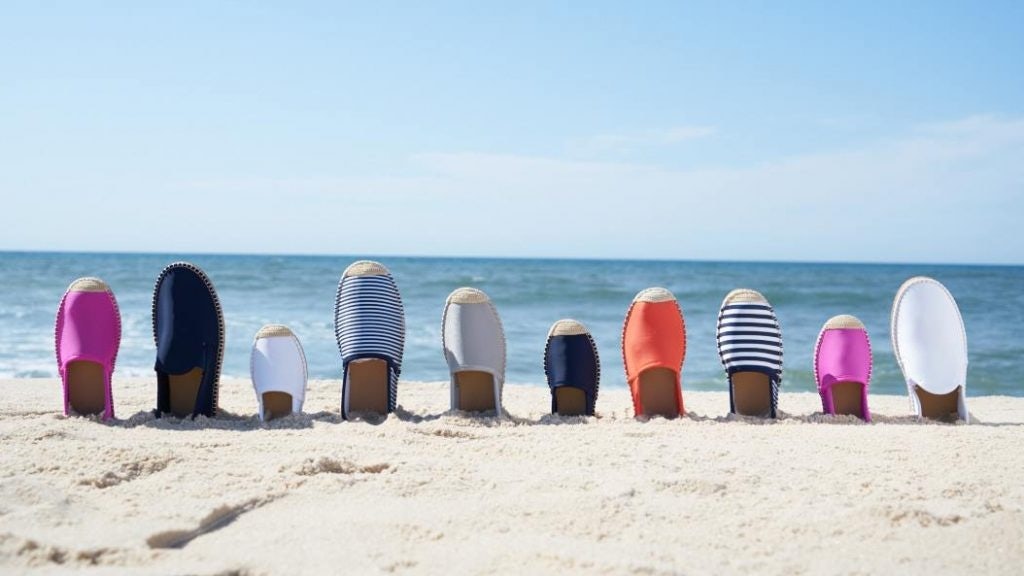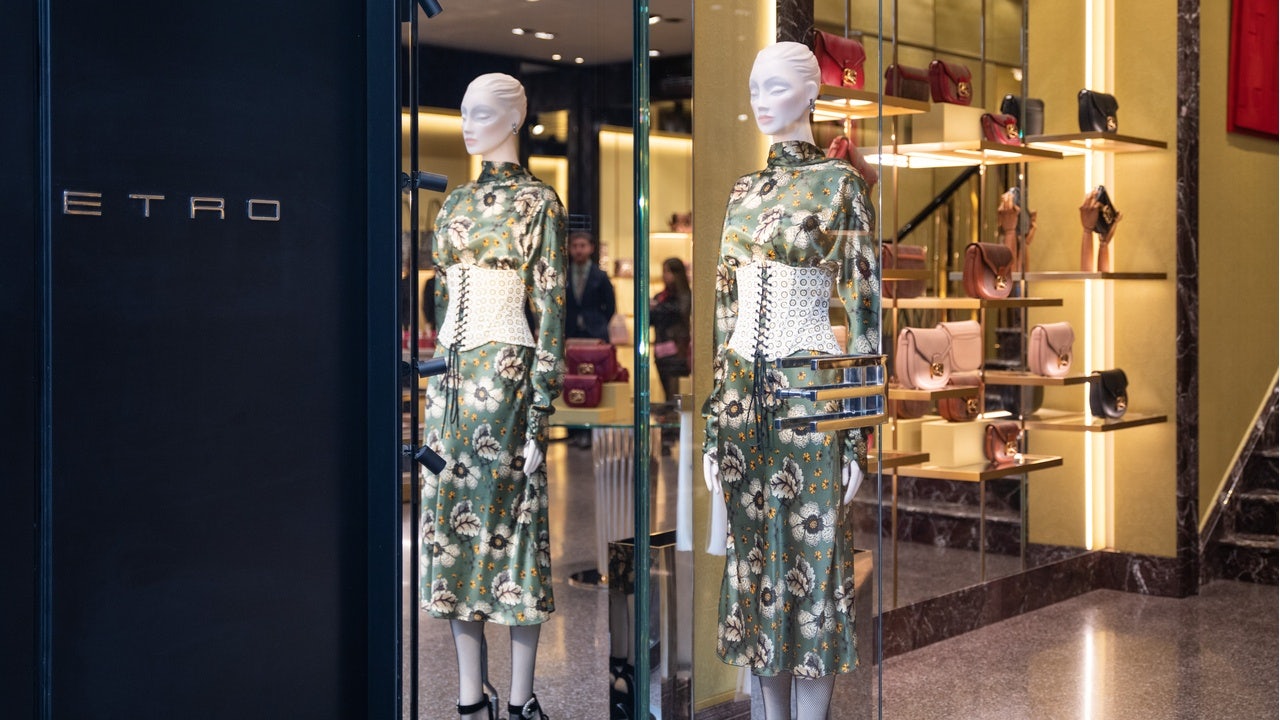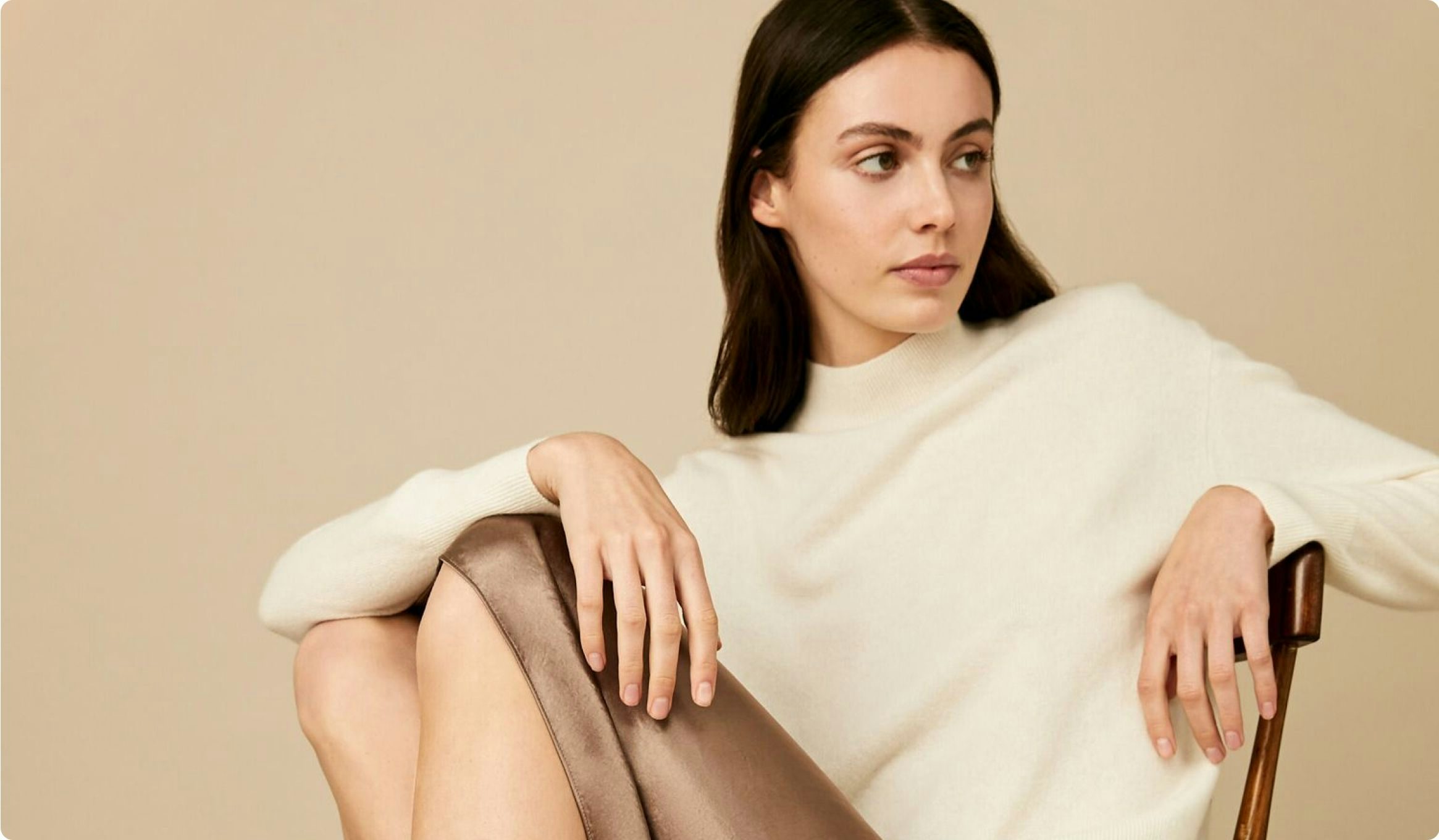Key Takeaways:#
Sequoia China established a "Fashion x Technology" equity investment fund.
Chinese venture capital firms have expanded their portfolios by pursuing investments in fashion and luxury startups.
In the near future, venture capitalists will continue to bet on disruptors that offset risks in supply chain management, offer disruptive retail solutions through digital transformation, and create unique products and services.
Even before the pandemic, Venture Capital funds were betting on the personal luxury goods market. And the post-pandemic resilience of the luxury industry is making this bet even more appealing, although fund managers have different considerations when selecting brands. While some investors, such as L Catterton Europe, have their sights on more established luxury labels like the Italian luxury brand Etro, others prefer investments in unique brands that either respond to the sustainability mandate or satisfy modern consumer needs.
Take, for example, the espadrille shoe brand Sea Star Beachwear who in 2020 raised 1.25 million in its inaugural funding round. The company, founded by Libby Fitzgerald (a former PR executive for Hermès), has reimagined the classical summer shoe by designing it with quick-drying, neoprene non-skid, non-marking deck soles, according to Footwear News.

The eco-friendly and comfortable shoe company Allbirds Inc. is already a teen and millennial favorite, so it didn’t take long for investors to warm up to the San Francisco-based footwear company. In 2015, Great Oaks Venture Capital had already invested in Allbirds’ seed round. And a year later, it invested in its Series A Round.
Considering that in 2020, Allbirds closed 100 million in a Series E funding round, led by Franklin Templeton alongside T. Rowe Price, Baillie Gifford, TDM Growth Partners, and Rockefeller Capital Management, we can argue that the investment paid off. Meanwhile, The Wall Street Journaldeclared Allbirds “arguably Silicon Valley’s most fashionable unicorn.”
But these are hardly the only transactions that made waves. Last week, German startup SellerX raised 100 million euros in primary equity funding from the LVMH-backed investment firm L. Catterton. And last March, The Carlyle Group agreed to acquire a majority stake in the sportswear retailer END.
While Western venture capitalists have only recently caught wind of the profitability of the luxury market, Chinese investors have long been champions of the industry. Sequoia China even established a "Fashion x Technology" equity investment fund, according to Luxe.
Among China's titans and major capital funds is IDG Capital, which has invested in Farfetch, Moncler, Shein, Baidu, Tencent, Xiaomi, and the rental clothing platform Yi23. Another top firm, Primavera Capital Group, is “connecting global investors to China's leading companies,” according to its website. Some companies that won investments from Primavera are Alibaba Group, ByteDance, AntGroup, the electric vehicle manufacturer NIO, and the tech-enabled supply chain platform Zeyi Supply Chain.
Jack Ma’s Yunfeng Capital could be considered a newcomer in the Chinese market. However, the private equity company, founded in 2010, is a giant that has massive investments in xiaozhu.com and Kaola.
In past decades, Chinese venture capital firms expanded their portfolios by pursuing investments in fashion and luxury startups. That allowed them to gain a solid understanding of the industry and win insights into customer shopping behavior and the trends shaping the future. On the other hand, these valuable insights have transformed global partnerships, bringing fashion & luxury-focused foreign investors closer to Chinese venture capital companies.
In the first half of the year, the aggregate value of VC deals in the Chinese consumer discretionary sector has reached 11.9 billion, according to market data and insights platform Preqin andVogue Business. We expect transaction value and deal activity to increase over the second half of 2021.
Venture capitalists will continue to bet on disruptors that offset risks in supply chain management, offer disruptive retail solutions through digital transformation, and create unique products and services. Direct to consumer companies and niche brands will be targeted because of their ability to build brand loyalty and promote new styles. VCs will also expand investments into beauty and skincare brands.
Beauty players are well-positioned to attract VCs because of their competitive advantages, such as investments in a software solution that uses emerging technologies and marketing campaigns that build community and brand loyalty. Beauty startups prioritize sustained growth rather than quick wins.
This spring, the Chinese skincare brand Zhuben raised 50 million in its Series A funding round, while the male grooming brand DearBoyFriend secured several million dollars, according to Business of Fashion. We believe it is likely that other beauty brands will soon access funding through venture capital firms.

